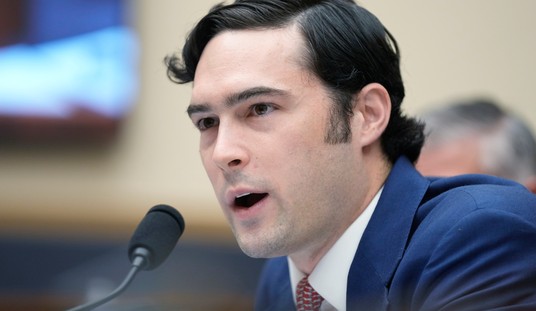One of the least desirable features of a representative democracy is that often, poorly thought out legislation is rammed through with little thought as a gross overreaction to immediate public outrage. Such is the case with the child welfare law signed into law by Florida Governor Rick Scott today. The gist of this story is that the Florida Department of Children and Families (“DCF”) has come under substantial public criticism for an investigative series of stories first published by the Miami Herald which revealed that 477 children have died child abuse related deaths in the last five years. The report criticized the agency for, among other things, failing to notice obvious signs of abuse in children under their care. Predictably, the response that has been ramroded through the Florida legislature is to, essentially, give lots more money and sweeping new authority to the agency directly responsible for the SNAFU that caused the public uproar in the first place:
TALLAHASSEE — Gov. Rick Scott signed a sweeping bill Monday aimed at overhauling the child-welfare system after hundreds of child abuse-related deaths in the past five years.
The new law calls for a fundamental shift in the way the Department of Children and Families investigates and responds to cases. It clearly states that protecting a child from abuse is paramount and more important than keeping a family together. In the past, DCF has placed a premium on putting fewer children in foster care and, instead, offering family services while the child remains at home.
* * *
The law will fund jobs for 270 additional child protective investigators to reduce caseloads. It also establishes a response team to quickly investigate child abuse deaths when the child had previous incidents with the system and adds a small amount of funding for at-risk families with young children. Child advocates said substance abuse treatment issues are at the heart of many child deaths.
The DCF, like the federal TSA, is wildly more popular as an abstract idea than it is as an agency, in particular among anyone who has the misfortune to run afoul of their workings in any sort of personal way. In the abstract, people like the idea that there should be an agency tasked with preventing child abuse and neglect. Where the rubber meets the road, however, nightmares almost invariably happen. Part of it has to do with the nature of the job – any time a stranger is tasked with confronting a parent about the way they are raising their child, ugly personal confrontations are bound to happen. Worse, in many cases, the social workers at DCF have to encounter legitimate, heart-rending abuse and witness children kept in conditions that would rend the heart of all but the most calloused of people. The combined pressures tend wash out the sort of thoughtful, compassionate, qualified social workers and instead self-selects for social workers who are either unqualified or incapable of finding employment elsewhere, or who dispositionally enjoy personal conflict, or who are at least mostly calloused to the suffering of children. In other words, the exact people who should be kept as far away from having the power to remove children from their families as possible.
As a result, state DCFs (or DCS as it may be known in your state) too often become neverending cavalcades of horror stories where hordes of legitimate abuse cases go inadequately or incompetently investigated, all while DCF caseworkers become unwitting foot soldiers in countless divorce vendettas. As just one example of the problems infesting state child welfare agencies, it has long been shown that minority families are disproportionately likely to be reported to DCF for investigation; but moreover, even among the reported population, are disproportionately likely to have their children removed to foster care – which is not the hallmark of an agency that is thoughtfully pursuing their work.
At a glance, many aspects of this legislation, such as improving training and quality of case workers, are admirable and cannot be gainsaid. But the bolded portion above, combined with a clear and sweeping monetary incentive to root out and find more abuse, will be the root of untold measures of evil. One of our most treasured principles as a Republic is the principle that, where possible and in the absence of a compelling contrary interest, children shoudl be raised by their parents. Florida’s DCF now has a clear statutory provision to the contrary along with a huge budget and a mandate to find more abuse will, in the hands of an agency that has engendered well deserved distrust among almost everyone who has come in contact with them, lead to disaster.
Any conservatives who are lauding this decision should ask themselves this fundamental question – do you think this legislation, in the hands of the same DCF, will lead to less abuse? Or more horrors like those suffered by Justina Pelletier and her family?
Perhaps this is a question Rick Scott should have asked before signing this ill-advised legislation.














Join the conversation as a VIP Member